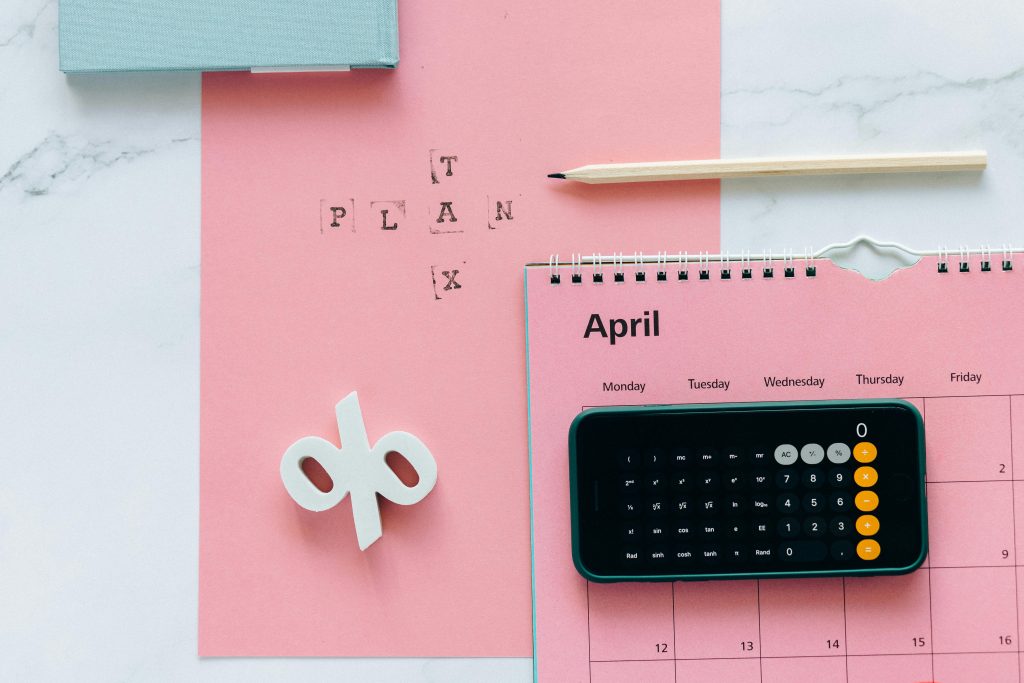You may be able to reduce the amount of inheritance tax payable on your estate when you die or even eliminate it altogether so your loved ones get more of your money.
-
Making a will is vital when it comes to inheritance tax planning
-
You can avoid inheritance tax completely if your assets go to your spouse or civil partner
-
In certain circumstances, assets you give away aren’t included for inheritance tax purposes
It’s been said that the only certainties in this world are death and taxes. Inheritance tax combines the two. It’s a tax that’s paid on the money, property and possessions you leave behind when you die; known as your estate. The tax owed comes out of your estate before your beneficiaries receive their inheritance.
When do you pay inheritance tax?
Inheritance tax is currently paid on anything above the tax-free threshold of £325,000 – your taxable estate. This means that if your estate is worth £600,000, tax is payable on £275,000 of it. However, inheritance tax isn’t payable in some cases and your threshold can increase in certain circumstances.
Can you avoid inheritance tax?
It’s important to point out that you don’t actually pay inheritance tax yourself as it’s paid after you die. The person dealing with your estate; the executor or administrator, pays it from your estate. Anything that’s left once this and any other expenses and fees are paid is distributed to your beneficiaries.
Whatever your feelings about inheritance tax, you’ll probably want to minimise the amount that has to be paid so your beneficiaries get as much of your estate as possible. In some cases, you may be able to avoid it having to be paid. If not, you can take steps now to reduce the amount payable when you die.
How to avoid inheritance tax on property
Your property is likely to be your biggest asset. Its value forms part of your overall estate but you can avoid or reduce the inheritance tax payable on your property depending on who you leave it to.
Here are our top ten ways to avoid or reduce inheritance tax. Bear in mind that it’s also important to make a will to make sure your assets go where you want them to.
1. Leave everything to your spouse or civil partner
If you leave everything to your husband, wife or civil partner there’s no inheritance tax to pay. It may have to be paid once they die, depending on the value of their estate. However, your unused £325,000 threshold (also known as the nil rate band) can pass to them, giving them a total threshold of £650,000 if £325,000 is still the threshold in use at the time.
2. Leave money to charity
There won’t be any inheritance tax payable if you leave everything above the threshold to a charity or community amateur sports club as donations to these are tax free. There’s also another benefit to leaving money to charity in your will; inheritance tax will be paid at a rate of 36% instead of the standard rate of 40% if you leave 10% or more of your estate to charity.
3. Leave your home to your children
With the average UK house price at £266,400 in 2024, our home is likely to take up a significant proportion of your tax-free threshold.
However, if you leave your home to your children or grandchildren and your estate is worth less than £2 million, you can increase your threshold to £500,000. It means that if your home goes to your spouse or civil partner and then your children, your partner’s threshold is £1 million.
-
You can give your home to your children through a deed of gift, but there are pros and cons to doing this
-
If you give your home to your children but continue to live in it, it will still be liable for inheritance tax
-
The best way to gift a house to a child is to make maximum use of your inheritance tax allowances
-
You can further reduce the amount of inheritance tax your children need to pay by making them tax-free gifts while you’re still alive
4. Make gifts during your lifetime
Any gifts you give seven years or more before you die are exempt from inheritance tax. Gifts can include money and personal possessions such as jewellery or antiques. Depending on the value of these gifts, you could significantly reduce the amount inheritance tax is payable on. Gifts between spouses and civil partners plus the first £3,000-worth of gifts you make each tax year are always exempt from inheritance tax.
5. Use your wedding gift allowance
As well as the gifts above, each tax year you can give a gift to someone who is getting married or forming a civil partnership without it being added to value of your estate. You can give £5,000 if it’s to your child, £2,500 when it’s your grandchild or great-grandchild and £1,000 if the gift is to anyone else.
6. Give away your home before you die
Property can also be counted as a gift under the seven-year rule, so there will be no inheritance tax to pay on your home if you give it away then live for another seven years. If you want to continue living in the property, you’ll need to pay rent to the new owners and your share of the bills plus live there for at least seven years. You don’t have to do this if you only give away part of your home and the new owners live there too.
7. Spend your money
There’s no inheritance tax to pay if your estate is worth less than £325,000 (£650,000 if you’ve inherited your spouse or civil partner’s assets) so use your money to enjoy your retirement so there’s less or no inheritance tax to be paid. This will reduce the amount you’ll be able to pass on to your children and grandchildren though.
8. Maximise your pension
When your remaining pension savings are passed on to someone when you die, they’re not counted for inheritance tax purposes. This is one reason why it’s worth saving as much as you can into your pension. Make sure you’ve told your pension provider who you want your beneficiaries to be as your will doesn’t apply to your pension.
9. Set up trusts
You can stop assets from being included in your estate by placing them in trust as long as you live for at least seven years afterwards. This means that the asset is managed by one or more trustees on behalf of whoever will ultimately benefit from it. It’s essential to get legal advice before setting up trusts.
10. Take out life insurance to pay inheritance tax
You can take out a whole-of-life insurance policy that pays out when you die to cover the inheritance tax bill. Although this doesn’t avoid inheritance tax being payable, it means the amount your beneficiaries inherit won’t be reduced because of it. The policy must be held in trust so it doesn’t form part of your estate.



